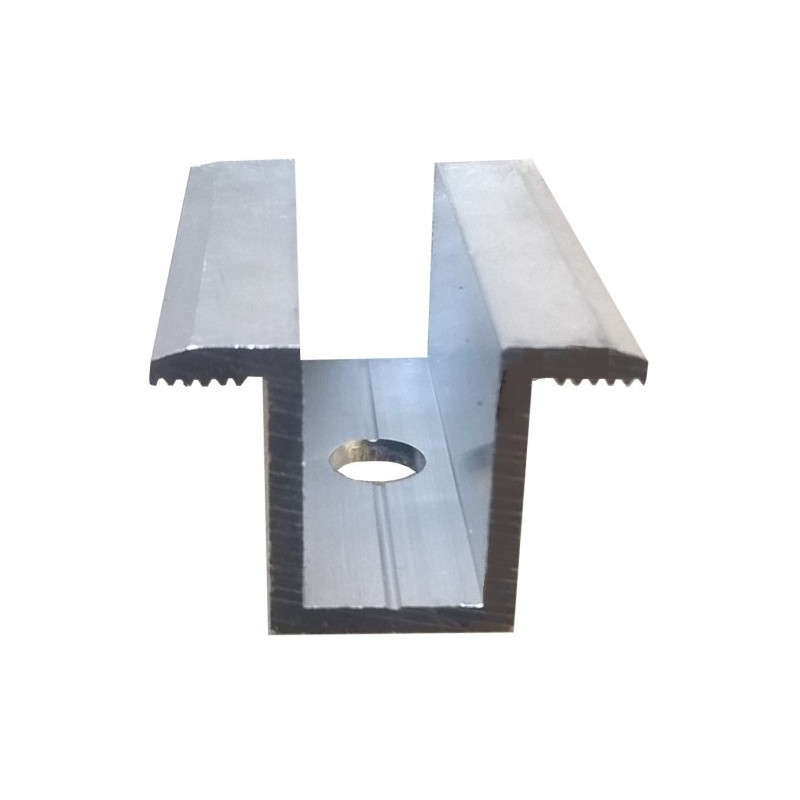

Self-Tapping Screws - Secure and Efficient Fastening Solutions
Сен . 01, 2024 08:23 Back to list
Self-Tapping Screws - Secure and Efficient Fastening Solutions
Understanding Self-Type Screws A Comprehensive Guide
Self-type screws, commonly known as self-tapping screws, are a vital component in various mechanical and construction applications. They are specifically designed to create their own threads when driven into materials such as metal, wood, or plastic. This unique feature allows for quick and efficient assembly processes, making them a preferred choice among manufacturers, builders, and DIY enthusiasts alike.
What are Self-Type Screws?
Self-type screws come equipped with sharp, pointed tips that enable them to penetrate materials without requiring a pre-drilled hole. As the screw is turned, its threads cut into the material, forming a tight and secure connection. This capability minimizes the need for additional fastening hardware, such as nuts and washers, saving both time and resources in the assembly process.
Types of Self-Type Screws
Self-type screws are available in various styles and materials, each tailored for specific applications
. The two primary categories include1. Thread-Cutting Screws These screws are equipped with cutting threads that remove material as they are driven in, creating a space for the screw body. They are ideal for use in softer materials, such as wood and plastic, where a clean cut is essential.
self type screw

2. Thread-Forming Screws Unlike thread-cutting screws, thread-forming screws displace the material around them rather than cutting it away. This results in less debris and a stronger hold in harder materials, such as metals. They are particularly effective in applications where vibration resistance is critical.
Applications of Self-Type Screws
Due to their versatility, self-type screws are widely used across various industries. In the automotive industry, they secure components to chassis and frames, while in construction, they are essential for fastening drywall, roofing, and insulation. Additionally, self-type screws find application in electronic devices, furniture assembly, and machinery, proving their worth in both heavy-duty and lightweight scenarios.
Advantages of Self-Type Screws
The primary advantage of self-type screws is their ease of use. They eliminate the need for additional tools and hardware, simplifying assembly processes. Their ability to create strong, vibration-resistant connections makes them reliable choices for both permanent and temporary applications. Furthermore, they often lead to cost savings, as fewer materials and labor resources are required.
Conclusion
Self-type screws are crucial fasteners that facilitate efficient construction and manufacturing processes. Their unique design allows them to tap their own threads, making them suitable for a wide array of materials and applications. Understanding the different types, advantages, and applications of self-type screws can empower professionals and DIY enthusiasts to make informed choices in their projects, ultimately leading to greater efficiency and quality in their work. Whether you're assembling furniture or constructing a building, self-type screws are undoubtedly a game changer in the world of fastening solutions.
Latest news
-
Premium Fasteners Manufacturer | AI-Driven Solutions
NewsAug.01,2025
-
Hot Dip Galvanized Bolts - Hebei Longze | High Strength, Corrosion Resistance
NewsAug.01,2025
-
High-Strength Hot Dip Galvanized Bolts - LongZe | Corrosion Resistance, Custom Sizes
NewsAug.01,2025
-
Best Self Tapping Screws for Drywall - Fast & Secure Installation
NewsJul.31,2025
-
High-Strength Hot Dip Galvanized Bolts-Hebei Longze|Corrosion Resistance&Customization
NewsJul.31,2025
-
Hot Dip Galvanized Bolts-Hebei Longze Metal Products|Corrosion Resistance&High Strength
NewsJul.31,2025

